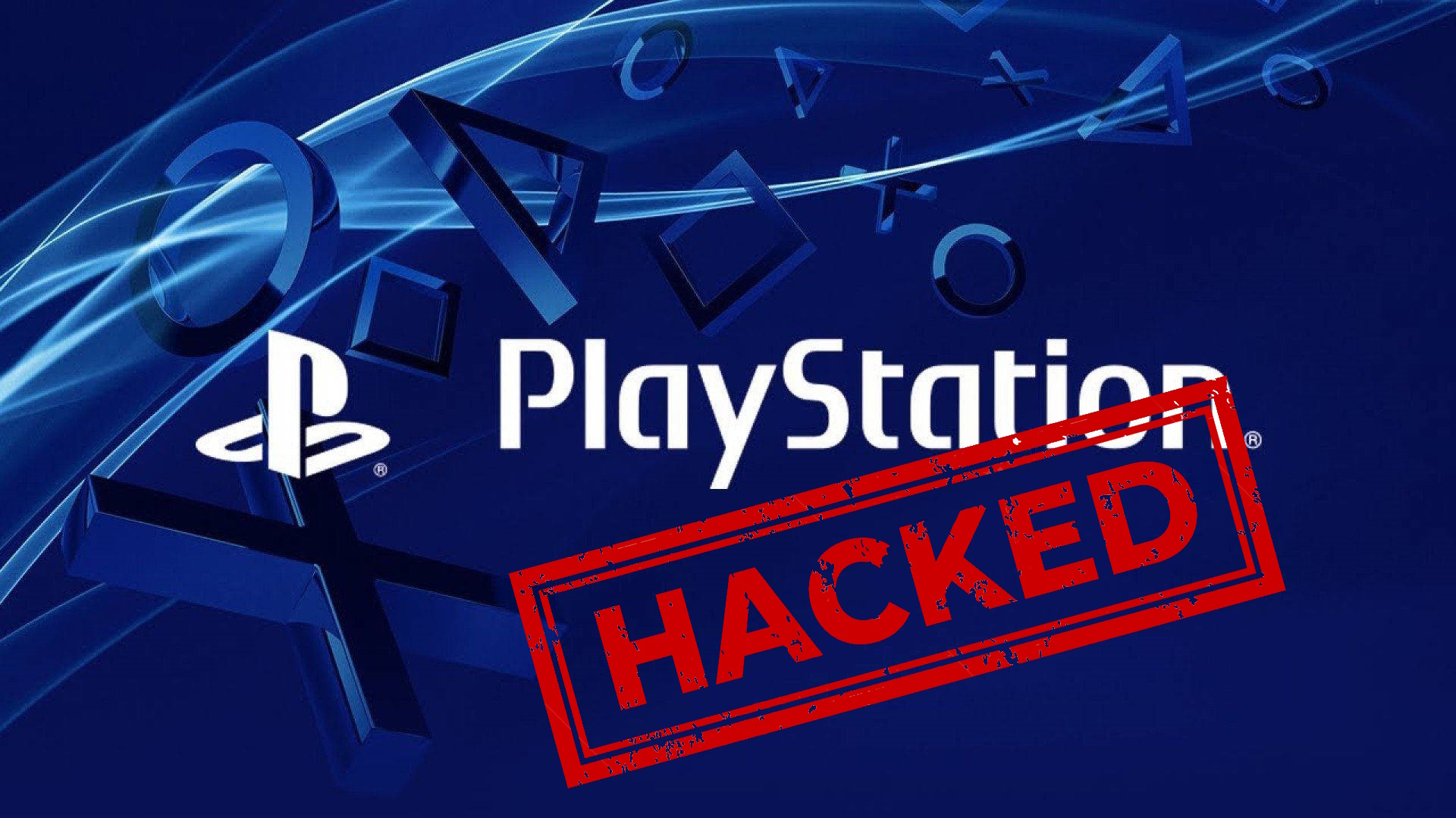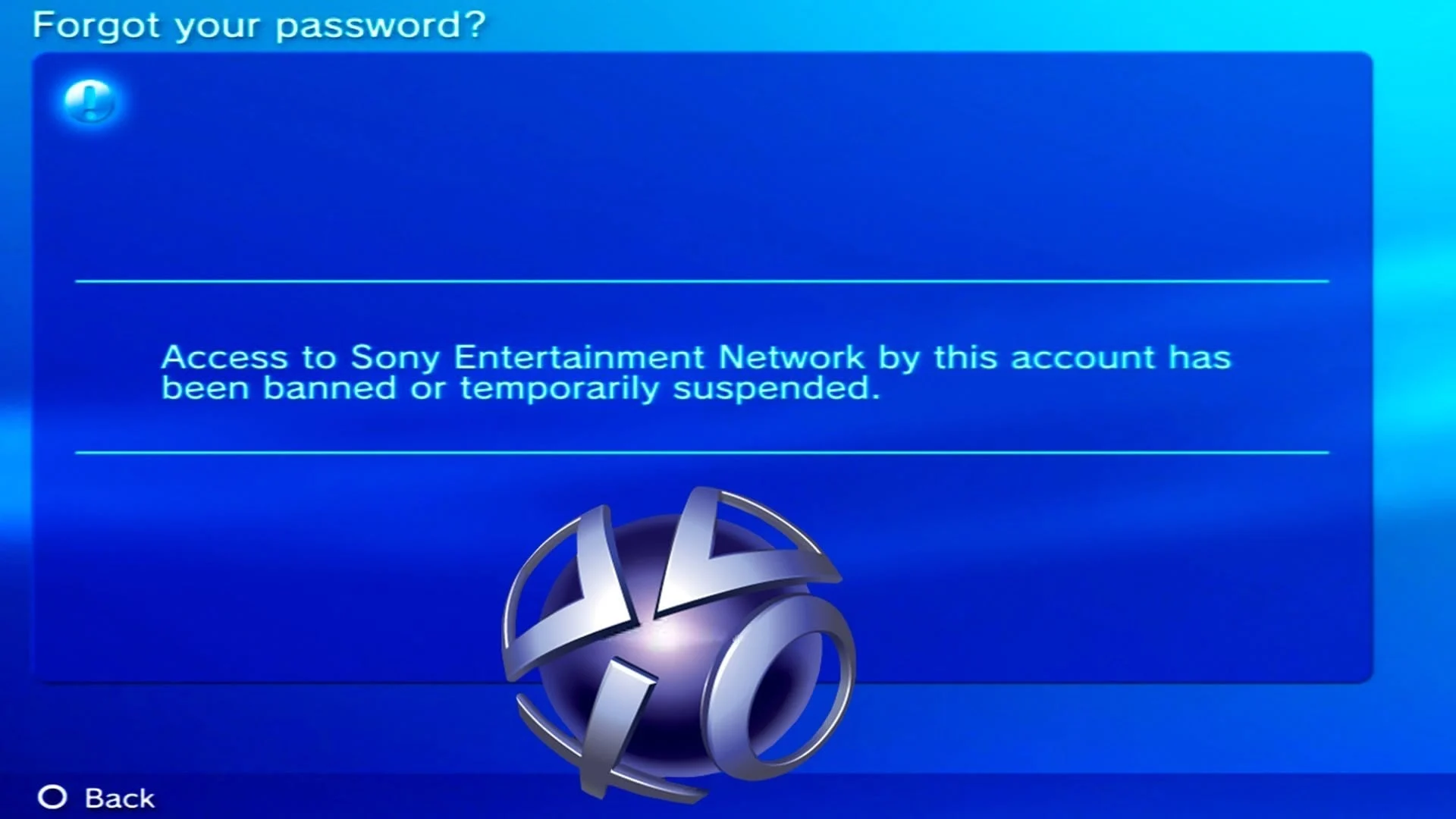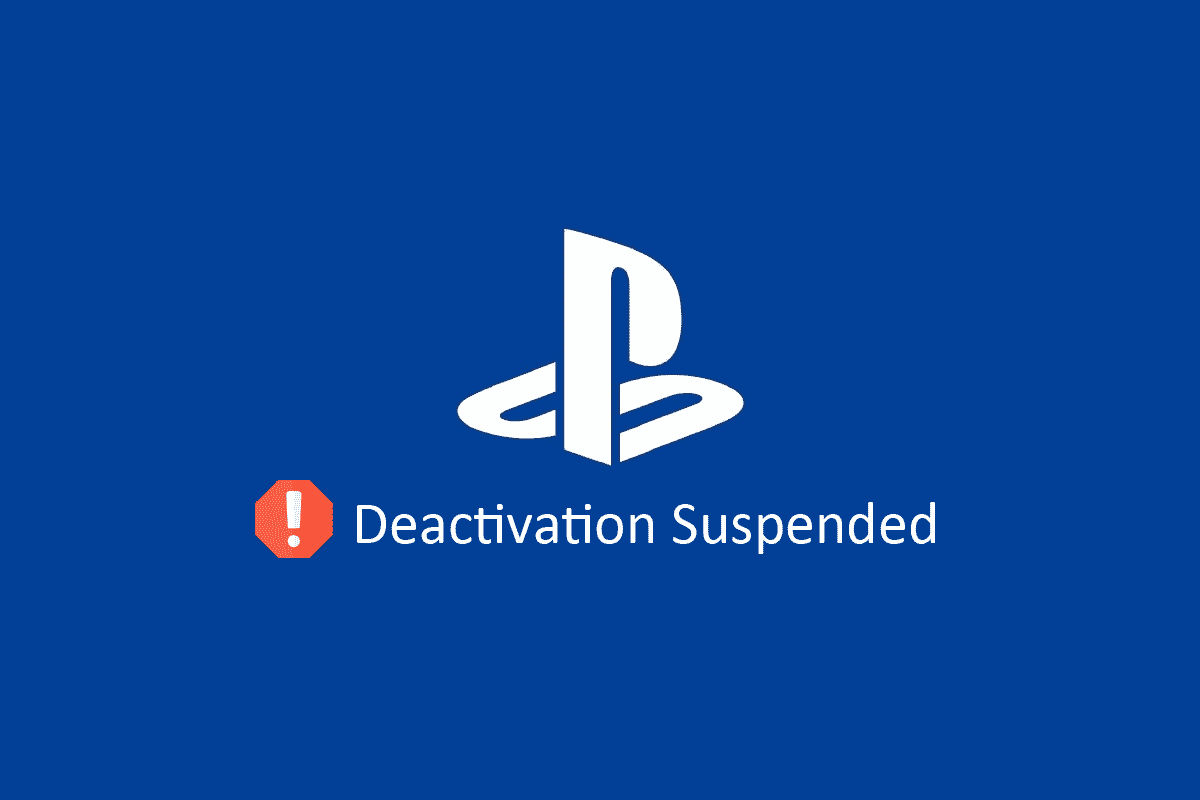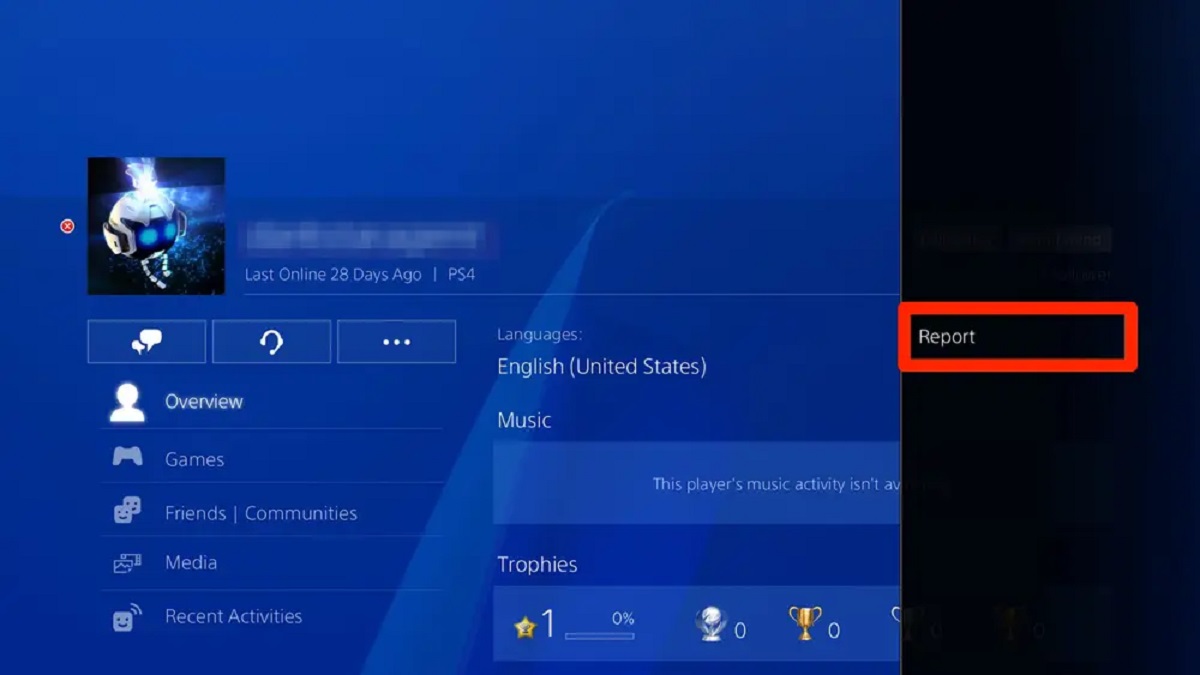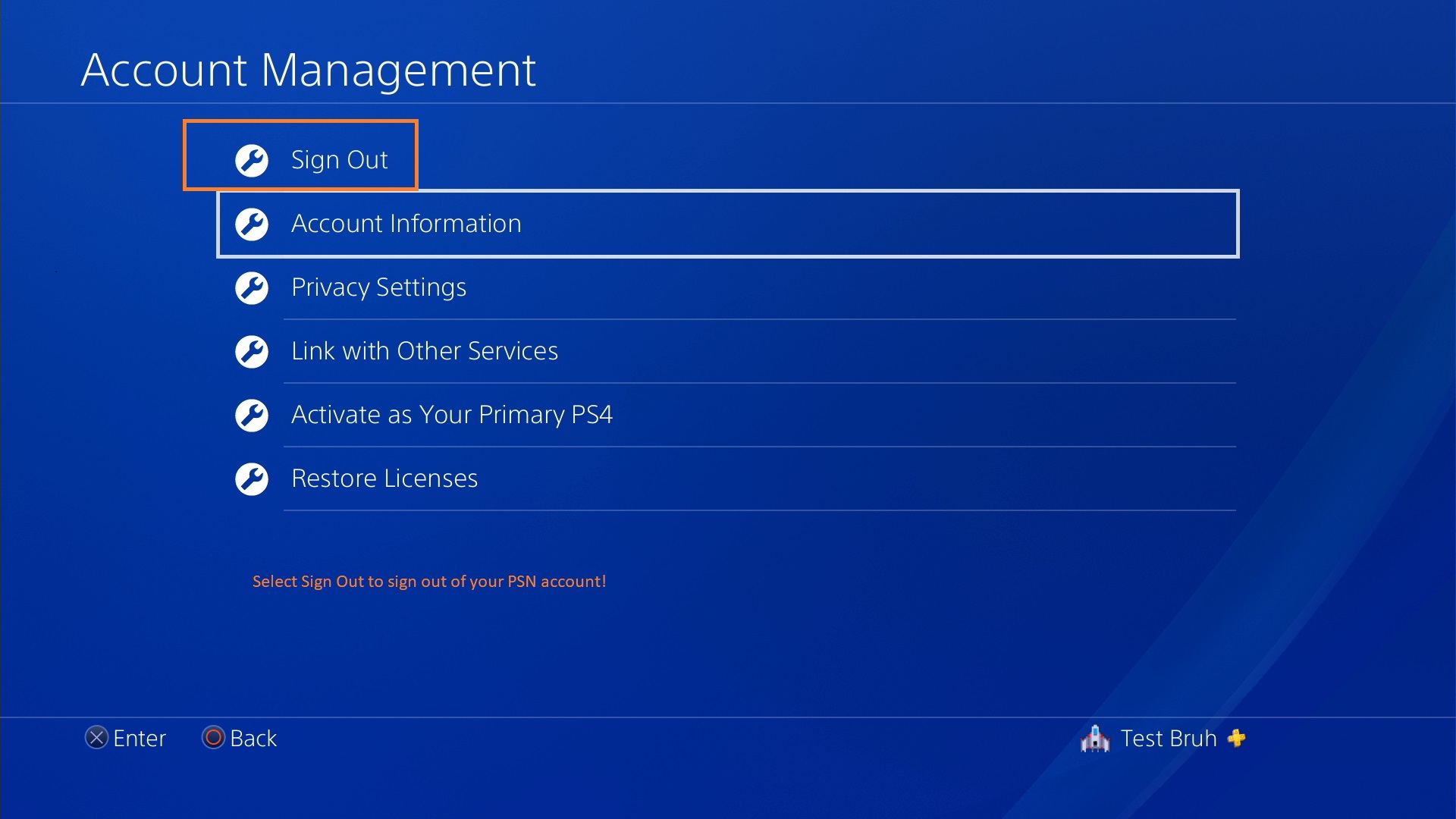Introduction
The hacking incident that targeted the PlayStation Network (PSN) was a significant event in the gaming community. PlayStation, a leading gaming brand owned by Sony, suffered a massive security breach that exposed sensitive personal information and disrupted online services for millions of users. This unprecedented cyber attack not only led to a temporary shutdown of the network but also raised concerns among consumers about the safety and security of their personal data.
At the time of the incident, PlayStation was a popular platform for gamers around the world, offering an extensive library of games and online multiplayer features. However, this incident shook the trust that users had placed in the platform and had a significant impact on the gaming industry as a whole.
The purpose of this article is to delve into the details of the PlayStation hacking incident, examining the extent of the breach, the implications for users, and the aftermath of the attack. By exploring the events surrounding this incident, we aim to shed light on the security vulnerabilities that can plague even the most prominent brands and the importance of robust cybersecurity measures.
Furthermore, this article will also explore the lessons learned from the PlayStation hack, highlighting the steps taken by Sony to enhance security, rebuild consumer trust, and prevent similar incidents in the future. By understanding the repercussions of such a high-profile cybersecurity breach, both businesses and individual users can better prepare themselves against potential threats in the digital landscape.
Join us as we embark on an exploration of the PlayStation hacking incident, uncovering the timeline of events, the impact on users, and the steps taken to rectify the situation. Together, let us navigate the world of cybersecurity and learn from these incidents to ensure a safer digital environment for all.
The Hacking Incident
The PlayStation hacking incident unfolded on April 20, XXXX, when Sony became aware of unauthorized access to its PlayStation Network (PSN) platform. The hackers, whose identities remain unknown, managed to infiltrate the system and gain access to a vast amount of user data, including personal information, login credentials, and payment details.
This security breach was a wake-up call for Sony and its user base, as it exposed the vulnerability of even the most prominent online gaming networks. The fallout from the incident was immediate, with PlayStation temporarily shutting down the PSN service to investigate the extent of the attack and prevent further damage.
During the investigation, it was revealed that the hackers had successfully compromised the security systems, leading to the unauthorized access and theft of data. Sony estimated that over XXXX million users were affected by the breach, making it one of the largest data breaches in history.
The severity of the incident was further amplified by the fact that the stolen data included sensitive personal information such as names, addresses, email addresses, and even credit card details. This raised concerns among users about potential identity theft and financial fraud.
The impact of the hacking incident extended beyond the theft of personal information. Online gameplay, digital purchases, and other PSN services were temporarily disrupted, leaving millions of gamers unable to access their favorite games and connect with friends. Sony faced significant backlash from its user base, who criticized the company for its lack of adequate security measures.
As the news of the breach spread, the incident garnered widespread media attention, elevating concerns about cybersecurity and data protection in the gaming industry. The PlayStation hack served as a stark reminder that no organization is immune to such attacks and highlighted the need for robust security protocols to safeguard user information.
The aftermath of the incident saw Sony facing intense scrutiny from regulators and users demanding answers and accountability. The company took swift action to address the breach, including strengthening its security measures, cooperating with law enforcement agencies, and notifying affected users about the breach.
While the PlayStation hacking incident was undoubtedly a dark moment for both Sony and its user base, it also served as a catalyst for change. The incident prompted industry-wide discussions about the importance of cybersecurity, ultimately leading to improved security practices and increased user awareness regarding personal data protection.
Hacked Personal Information
One of the most alarming aspects of the PlayStation hacking incident was the theft of personal information from millions of users. The hackers gained access to a treasure trove of sensitive data, which included users’ names, addresses, email addresses, and even payment details.
This extensive collection of personal information put users at risk of identity theft, financial fraud, and other forms of cybercrime. With access to this data, the hackers could potentially impersonate users, make unauthorized purchases, or even sell the information on the dark web.
The stolen information was not limited to just the users’ accounts on the PlayStation Network. In some cases, the hackers also obtained data from users’ associated services, such as the PlayStation Store and Sony Entertainment Network. This expanded scope of the stolen information further exacerbated the concerns surrounding the breach.
While Sony took immediate action to mitigate the damage and protect its users, the incident still resulted in significant fear and uncertainty among the affected individuals. Users were advised to monitor their financial accounts for any suspicious activity, change their passwords, and remain vigilant against potential phishing attempts.
The incident served as a reminder of the importance of strong passwords and the need to avoid using the same password across multiple platforms. Many users discovered the hard way that relying on weak or easily guessable passwords could jeopardize their personal data.
Furthermore, the PlayStation hacking incident highlighted the importance of secure online transactions. Sony urged users to closely monitor their credit card statements and report any unfamiliar charges promptly. The breach emphasized the need for consumers and businesses to prioritize cybersecurity and take active measures to protect personal information.
Ultimately, the hacking of personal information during the PlayStation incident emphasized the critical role that security plays in the digital age. The breach highlighted the need for users to remain vigilant, practice good password hygiene, and take advantage of additional security measures, such as two-factor authentication, to mitigate the risk of future cyberattacks.
Outage and Service Restoration
The PlayStation hacking incident resulted in a significant disruption of the PlayStation Network (PSN) services, leaving millions of users unable to access online gameplay, digital purchases, and other features. In response to the breach, Sony made the difficult decision to temporarily shut down the PSN in order to investigate the extent of the attack and implement necessary security measures.
The outage lasted for several weeks, causing frustration and disappointment among the gaming community. Many users were left disconnected from their favorite games, online friends, and digital content libraries. Sony faced backlash from its user base, demanding transparency and a swift resolution to the situation.
During the outage, Sony worked tirelessly to restore services and enhance the security infrastructure of the PlayStation Network. The company engaged external cybersecurity experts to assess the vulnerabilities and implement measures to prevent similar incidents in the future.
Communication was a critical aspect during the outage, as users sought updates on the progress of the restoration process. Sony provided regular updates through its official channels, acknowledging the impact on users and assuring them that every effort was being made to resolve the situation and reinforce security.
Finally, after several weeks of intense work, Sony managed to restore most of the PSN services. The gradual re-establishment of online gameplay, digital purchases, and other features brought relief to the gaming community.
Alongside the service restoration, Sony also introduced additional security measures to protect user data and prevent future cyberattacks. These measures included stronger encryption, enhanced intrusion detection systems, and improved protocols for incident response and user data protection.
The outage and subsequent restoration process served as a learning experience for Sony and the gaming industry as a whole. It highlighted the importance of prompt and transparent communication during such incidents, as well as the need for robust and proactive security measures to safeguard user data.
Although the disruption caused by the outage was substantial, Sony’s commitment to addressing the breach and implementing enhanced security measures ultimately helped in rebuilding customer trust. The incident served as a reminder that the protection of user data is paramount, and companies must continually invest in cybersecurity to provide a safe and reliable online experience.
Investigation and Fallout
Following the PlayStation hacking incident, Sony launched a comprehensive investigation to determine the extent of the breach, identify the culprits, and assess the impact on users. The investigation involved internal teams, external cybersecurity experts, and collaboration with various law enforcement agencies.
As the investigation unfolded, the true scale of the breach became evident. It was revealed that the hackers had gained access to a wealth of personal information from millions of PlayStation Network (PSN) users. This included names, addresses, email addresses, and even payment details.
The fallout from the breach was far-reaching, affecting both Sony and its user base. The stolen information put users at risk of identity theft, financial fraud, and other forms of cybercrime. Users were left feeling violated and concerned about the potential misuse of their personal data.
Regulatory bodies and lawmakers took notice of the incident, launching their own investigations into Sony’s security practices. Sony faced legal consequences and potential fines for not adequately protecting user data. This served as a wake-up call for companies across industries to bolster their data protection measures and comply with emerging cybersecurity regulations.
Additionally, the PlayStation hacking incident had severe financial implications for Sony. The company incurred significant costs in investigating the breach, restoring services, and implementing enhanced security measures. The loss of consumer trust resulted in a decline in user engagement and revenue.
The incident also highlighted the importance of cybersecurity in the gaming industry as a whole. Other gaming companies faced increased scrutiny and pressure to ensure the security of their platforms. The incident served as a catalyst for industry-wide discussions on the need for stronger security protocols and increased user awareness.
Moreover, the fallout from the PlayStation hacking incident extended beyond the immediate aftermath. It eroded the reputation of both Sony and the gaming industry in terms of data security. Users became more cautious about sharing personal information and demanded greater transparency and accountability from companies.
The fallout from the breach served as a powerful reminder of the potential consequences of inadequate security measures. It reinforced the need for businesses to prioritize cybersecurity, invest in robust security infrastructure, and stay one step ahead of evolving cyber threats.
Sony’s Response
The PlayStation hacking incident put Sony in the spotlight, raising questions about its response to the breach and the measures taken to address the situation. Sony faced mounting pressure to take responsibility, provide transparency, and regain the trust of its user base.
In response to the breach, Sony took immediate action to mitigate the damage, protect user data, and strengthen its security infrastructure. The company temporarily shut down the PlayStation Network (PSN) to assess the extent of the attack and prevent further unauthorized access.
Throughout the restoration process, Sony maintained an open line of communication with its users, providing regular updates on the progress of the investigation and steps taken to enhance security. The company also offered guidance to users on how to protect themselves against potential identity theft and financial fraud.
As part of its response, Sony engaged with external cybersecurity experts to conduct a thorough investigation of the breach. This collaborative effort helped uncover the vulnerabilities that led to the attack and provided valuable insights into improving the company’s security infrastructure.
To further protect its users, Sony implemented additional security measures, such as stronger encryption and advanced intrusion detection systems. The company also adopted a more proactive approach to incident response, focusing on early detection and swift mitigation to minimize the impact of potential future attacks.
Recognizing the impact on its user base, Sony also sought to compensate affected users by offering free identity theft protection services and PlayStation Network credits. This gesture aimed to demonstrate the company’s commitment to its users and rebuild their trust.
Additionally, Sony cooperated closely with law enforcement agencies to assist in identifying the perpetrators behind the breach. While the culprits remained unidentified, Sony’s collaboration with authorities showcased its dedication to holding those responsible accountable.
The PlayStation hacking incident acted as a catalyst for Sony to transform its approach to cybersecurity. The company recognized the need for ongoing investment in security measures, employee training, and compliance with industry best practices and data protection regulations.
Overall, Sony’s response to the hacking incident demonstrated its commitment to rectifying the situation, improving the security of the PlayStation Network, and addressing the concerns of its user base. By taking swift action, enhancing security measures, and remaining transparent throughout the process, Sony aimed to regain the trust and confidence of its users, ensuring a safer and more secure gaming experience for all.
Lessons Learned
The PlayStation hacking incident served as a watershed moment for both Sony and the gaming industry as a whole. It highlighted the importance of robust cybersecurity practices and provided valuable lessons that companies can learn from to prevent similar incidents in the future.
One of the key lessons from the incident is the criticality of prioritizing cybersecurity. Companies, especially those handling sensitive user data, must invest in robust security infrastructure and regularly update their systems to safeguard against evolving cyber threats.
The breach also emphasized the need for proactive measures to detect and mitigate potential cyberattacks. Sony recognized the importance of early detection and implemented more advanced intrusion detection systems to promptly identify any suspicious activities.
User education and awareness also emerged as a vital lesson from the hacking incident. Companies must continuously educate users about best practices for protecting their personal information, including the use of strong passwords, enabling two-factor authentication, and recognizing phishing attempts.
The incident also highlighted the significance of transparent and effective communication during a cybersecurity incident. Sony’s regular updates and guidance to users demonstrated the value of prompt and transparent communication to maintain trust and keep users informed of the situation.
Another lesson learned is the importance of collaboration with external cybersecurity experts and law enforcement agencies. Engaging experts in incident response and partnering with law enforcement can assist in accelerating investigations and improving the overall response to such incidents.
Furthermore, the hacking incident underscored the importance of regulatory compliance and adherence to data protection regulations. Companies must stay up-to-date with evolving cybersecurity regulations and implement robust measures to comply with these standards, ensuring the security and privacy of user data.
Lastly, the incident served as a powerful reminder that no organization is immune to cyberattacks. It highlighted the need for companies to conduct regular security audits, penetration testing, and vulnerability assessments to identify and address potential weaknesses in their systems.
By learning from the lessons of the PlayStation hacking incident, companies can fortify their cybersecurity infrastructure, enhance user awareness, and take proactive measures to protect user data. The incident demonstrated that cybersecurity is not an afterthought but an integral part of doing business in the digital age, ensuring trust, and safeguarding the interests of both companies and their users.
Conclusion
The PlayStation hacking incident served as a stark reminder of the importance of cybersecurity in today’s digital landscape. The breach, which exposed sensitive personal information and disrupted PlayStation Network services, had far-reaching implications for both Sony and its user base. It exposed vulnerabilities, highlighted the need for robust security measures, and emphasized the significance of proactive measures to protect user data.
Throughout the aftermath of the incident, Sony demonstrated its commitment to addressing the breach, strengthening security measures, and regaining the trust of its users. The company’s response included prompt communication, collaboration with cybersecurity experts, and enhanced security protocols.
Lessons learned from the incident include prioritizing cybersecurity, investing in robust security infrastructure, and proactively working to detect and mitigate potential cyber threats. User education and awareness, transparent communication, and compliance with data protection regulations also emerged as vital aspects of a comprehensive cybersecurity strategy.
As a result of the hacking incident, both Sony and the gaming industry have put a renewed emphasis on cybersecurity, striving to create a safer digital environment for users. Companies across industries have been prompted to reassess their security measures and invest in ongoing improvements to protect user data.
Ultimately, the PlayStation hacking incident served as a wake-up call for businesses and individuals alike. It highlighted the ever-present threat of cyber attacks and the need to continuously adapt and evolve security practices. By heeding the lessons learned from this incident, companies can better protect their systems and user data, ensuring a more secure digital future for all.







